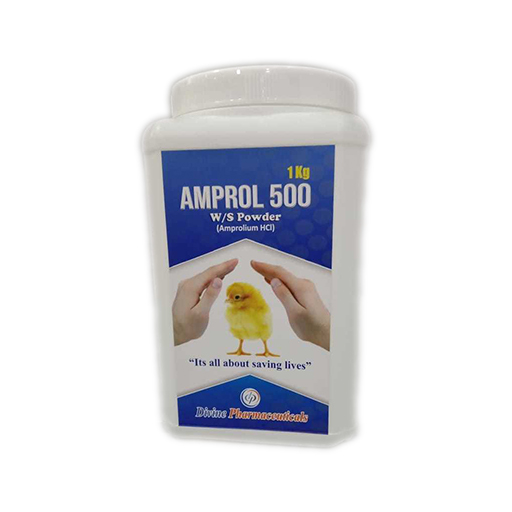Description
 Mendox D – Water Soluble Powder
Mendox D – Water Soluble Powder
Doxycycline HCl, Tylosin Tartrate, Colistin & Bromhexine
Composition:
Each Kg Contains
Tylosine Tartate – 100 g
Doxycyxline HCl – 200g
Colistin Sulfate – 400MIU
Bromhexine – 3g
Description:
The combination of tylosin and doxycycline acts additive. Doxycycline belongs to the group of tetracyclines and acts bacteriostatic against many Gram-positive and Gram-negative bacteria,including Bordetella, Campylobacter, E. coli, Haemophilus, Pasteurella, Salmonella, Staphylococcus and Streptococcus spp. Doxycycline is also active against Chlamydia, Mycoplasma and Rickettsia spp. The action of doxycycline is based on inhibition of bacterial protein synthesis. Doxycycline has a great affinity to the lungs and is therefore especially useful for treatment of bacterial respiratory infections. Tylosin is a macrolide antibiotic with a bacteriostatic action against Gram-positive and Gram-negative bacteria, like Campylobacter, Pasteurella, Staphylococcus, Streptococcus and Treponema spp. and Mycoplasma.
Bromhexine and its main metabolite, ambroxol, (trans-4-[(2-amino-3.5-dibromobenzil) amino] cyclohexanol hydrochloride) have been widely used therapeutically in the treatment of lung diseases because of their mucolytic properties, as well as their ability to stimulate the release of surfactants substances, standardize the production of mucus and facilitate expectoration
Colistin is an antibiotic from the group of polymyxins with bactericidal action against Gramnegative bacteria like E. coli, Haemophilus and Salmonella spp. Polymyxins interact strongly with phospholipids and penetrate into and disrupt the structure of cell membranes. They disorganise the outer membrane of Gram-negative bacteria by binding lipopolysaccharide (LPS, endotoxin) through direct interaction with the anionic lipid A region, thereby neutralising the endotoxin capacity of LPS. Colistin sulphate is poorly absorbed after oral administration, and serum concentrations are generally undetectable. In chickens, residues in serum were detectable for up to 6 hours after administration in the drinking water. Orally administered colistin is eliminated almost totally in faeces.
Indications:
Gastrointestinal and respiratory infections caused by tylosin and doxycycline sensitive micro-organisms, like Bordetella, Campylobacter, Chlamydia, E. coli, Haemophilus, Mycoplasma, Pasteurella, Rickettsia, Salmonella, Staphylococcus, Streptococcus and Treponema spp. in calves, goats, poultry, sheep
Contra indications:
Hypersensitivity to tetracyclines and/ tylosin/ Colistin & Bromhexine.
Administration to animals with a seriously impaired hepatic function.
Concurrent administration of penicillins, cephalosporins, quinolones and cycloserine.
Administration to animals with an active microbial digestion
Side effects:
Discoloration of teeth in young animals.
Hypersensitivity reactions.
Diarrhoea may occur.
Dosage:
For oral administration.
Calves, goats and sheep:
Twice daily, 5 g per 100 kg body weight for 3 – 5 days.
Poultry:
1 g per 2-4 litres of drinking water for 3 – 5 days.
Withdrawal times:
– For meat:
Calves, goats and sheep : 14 days.
Swine : 8 days.
Poultry : 7 days.
Packaging:
Jar of 1000 g
Jar of 500 g





